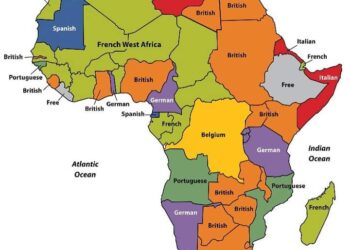Former Senate Leader, Victor Ndoma-Egba, has said there are bottlenecks on the clamour for restructuring, adding that many Nigerians have different understanding of what they want.
Ndoma-Egba, who was also chairman of the Niger Delta Development Commission (NDDC), in a telephone chat, Tuesday, called for common grounds if the agitation should see the light of day.
He said: “There however appears to be no common ground as to what restructuring means, and in what context.
“To some, restructuring means returning to the 1960 constitution. To others it means returning to the 1963 constitution, to yet others it means resource control, and to some, devolution of powers. The term means different things to different people and yet it is bandied by all.
“Whatever restructuring means to anyone, one thing is common: you cannot achieve it without constitutional amendment. Section 9 of the 1999 constitution provides not only for the amendment of the constitution but the mechanics for same.
“In summary you require two thirds of each of the houses of the National Assembly, the Senate and the House of Representatives before any amendment can pass.
“Furthermore, it has to be approved by a resolution of not less than two thirds of each state House of Assembly and by at at least two thirds of the Houses of Assembly. Clearly, for any amendment to pass, a near national consensus must have been reached.
“The constitution does not provide how that consensus can be reached. Therefore the process of arriving at that consensus has to be outside the constitution. It will require any national conversation which may as well be beyond the structure of the country but also its vision and destination.
“It has to be a conversation that will involve everyone more so as the powers of the National Assembly to amend the constitution are severely circumscribed.”
The former national secretary of the 2018 APC National Convention advised that Nigerian economy should not be sacrificed at the altar of politics.
“If one should be sacrificed at the altar of the other, it should be politics being sacrificed at the altar of the economy and not the other way round as ultimately the business of government is the security, welfare and wellbeing of the citizens,” he said.




